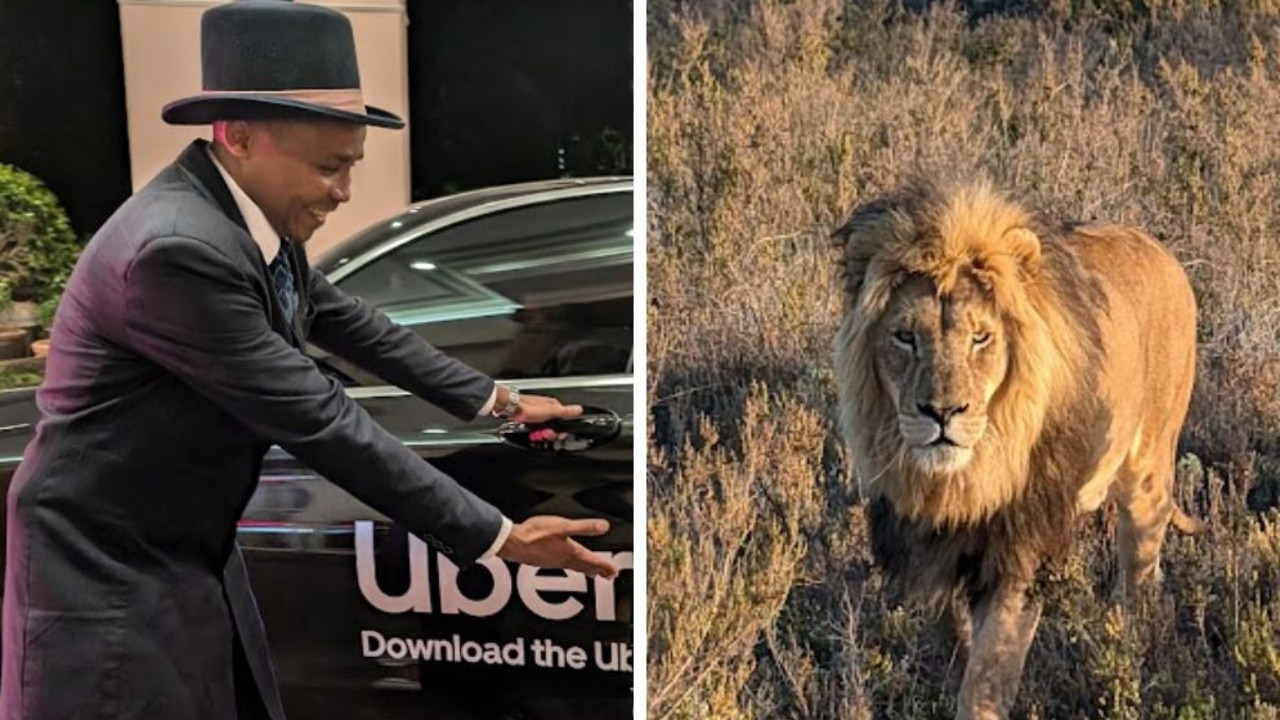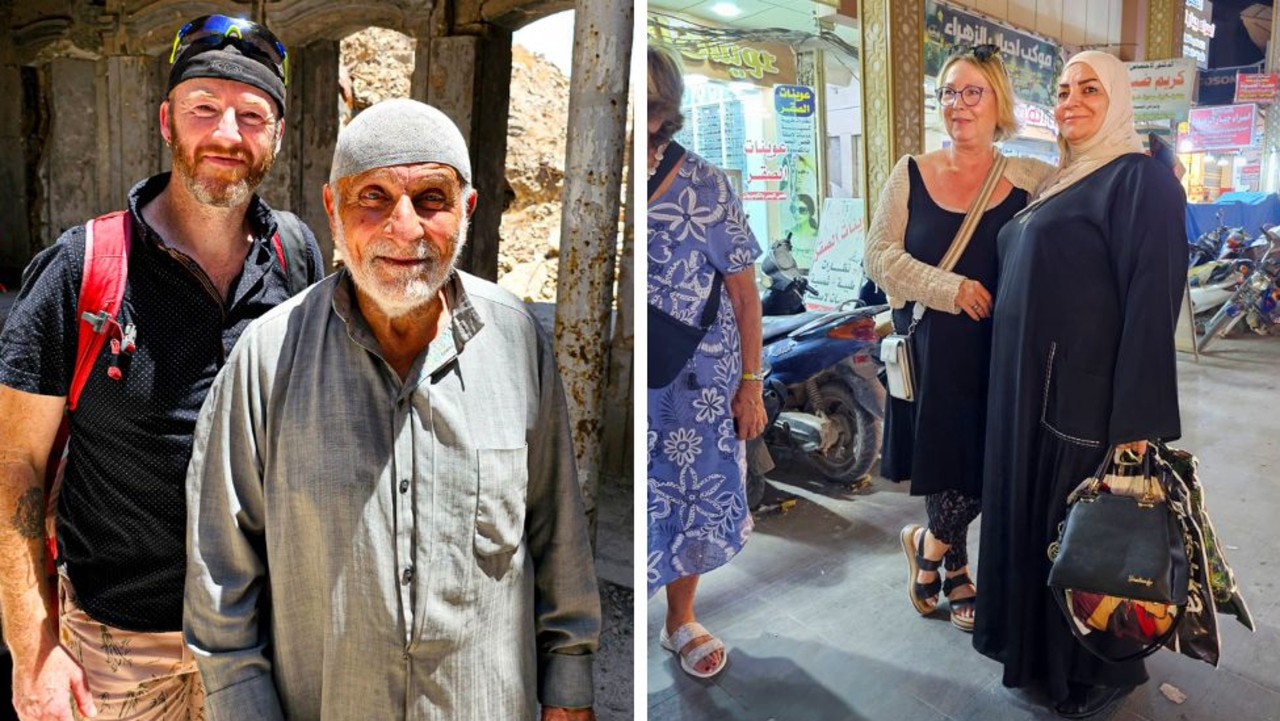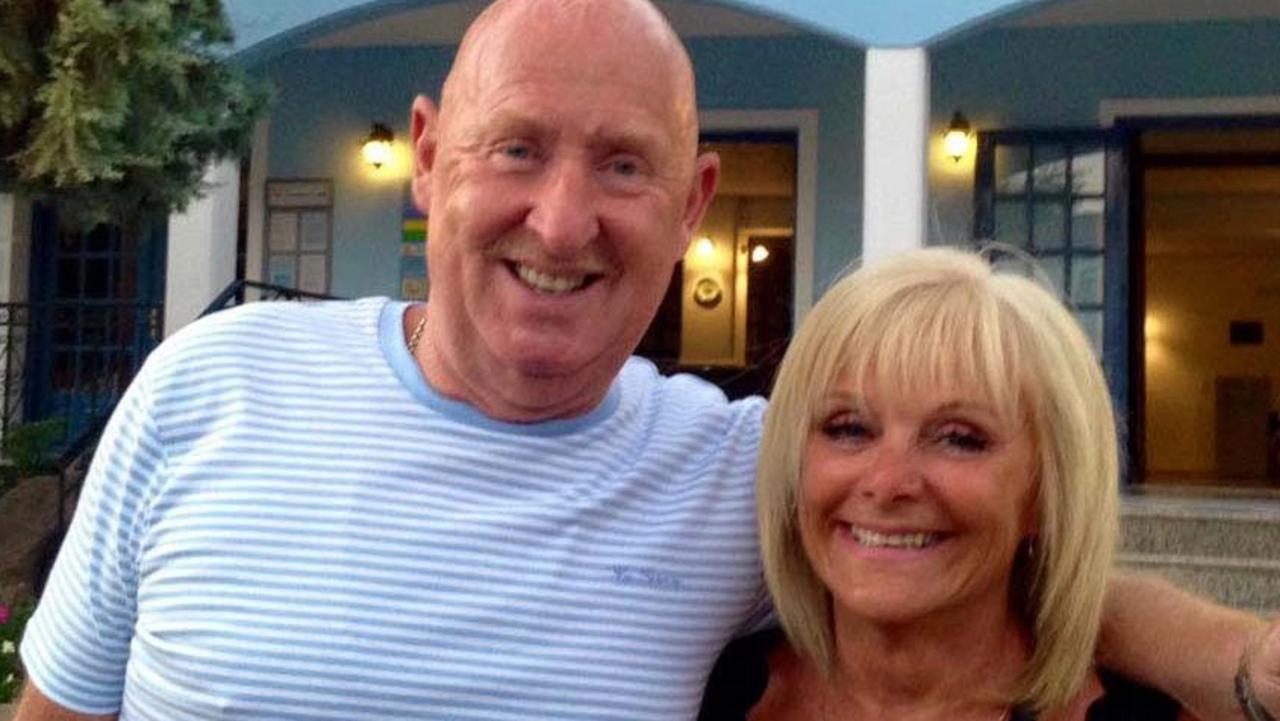Orania: An Afrikaner only town in South Africa
IT’S billed as an idyllic town, free from crime in a harsh but stunning landscape. But beneath the quaint exterior, this is no ordinary place.
IT’S billed as an idyllic rural community, free from crime and discord, with an emphasis on culture in a harsh but stunning landscape.
But beneath the quaint shops and tidy exterior, this is no ordinary place. Orania is an Afrikaner-only town in South Africa’s remote Northern Cape, home to around 1000 people determined to preserve their culture, languages and tradition. Its founders include Carel Boshoff — the son-in-law of former Prime Minister Hendrik Verwoerd who introduced apartheid to the country — as a way of preserving their right to self-determination. “The whole idea was to create a town or community in a part of South Africa with a very low population — a place where no one else really wanted to live,” Orania Movement CEO Jaco Kleynhans told news.com.au. “We believe it’s necessary for people to have a place maybe a town or a small city where Afrikaners can be a majority, have their own institutions that can ensure the culture lives on.” Mr Kleynhans moved to the town four years ago and took up a leadership role, passionate about the need to preserve language and traditions of the ethnic group mainly descended from Dutch immigrants during the 17th century. He said it’s been a hard slog to turn the former construction camp used by the Department of Water Affairs into a functioning place to live without any government funds. “It was perfect in the sense that there was no one living here. It wasn’t a town with an established population or anything like that. It was private property with infrastructure where you could control who would live here.” “It took much longer than what most people anticipated — but today we are a community of more than 1000 people with no unemployment, with housing for everyone, with all the basics that are necessary to create such a community.” Despite its utopian vision, critics have branded Orania the “last outpost” of apartheid — where whites can live separate from the rest of multicultural South Africa. Two BBC journalists who recently visited described a town where residents said there was “nothing wrong” with apartheid and where no black people lived. Mr Kleynhans insists that while Orania has attracted its share of negative attention, in reality it’s about culture rather than colour. “Orania is not a white-only town, Orania is an Afrikaner-only town. When we allow people to come and live here we focus on culture,” he said. He said the basis of the town ensures racist practices, rhetoric or symbols are not accepted and the focus is on preserving Afrikaner culture and heritage. “The reality is that the Afrikaner people as a cultural group has been white. I would say the vast majority of people calling themselves Afrikaner are mostly white but that’s not our focus,” he said. “In the first years of Orania’s existence there was a problem with especially extremist people and racist people who moved here. That created a lot of problems for Orania; that created negative perceptions that are still alive today. “We don’t experience things like extremism [or] racism anymore in our community. We also don’t allow that. And the people that work here, more and more are people who really believe in the idea of Orania. “It’s not about keeping something alive from the past. If that is what you want then you’re actually not welcome in Orania.” University of Sydney’s director of the Centre for Peace and Conflict Studies Jake Lynch said while South Africa does have social problems people might want to isolate themselves from, the concept is a ‘dangerous’ one. “In a sense the Afrikaner people do have a distinct identity and a kind of historical experience that includes a pretty horrific time at the hands of the British ... one can understand their desire to have their own homeland. Having said that, you can really read that today what they want is to go back to a country without blacks and have it all to themselves.” “To give them credit they’re not wanting to have a position in domination ... I can understand their feelings of wanting to protect cultural identity but on the other hand it has very unsavoury overtones from the history of apartheid.” Entry to the town is via committee, with prospective residents going through an interview process. Once that is done they become shareholders in the town, which has a burgeoning economic system including education, tourism and services. There is even a call centre and residents providing niche services like stockbroking and architecture. Mr Kleyhans said not everyone who wants to live there can do so. In the last year they have denied people access because of their criminal records, which the town doesn’t have the resources to deal with. “We don’t have a police force, a jail, we don’t have a social services also yet to deal with people with very serious criminal background. When people associate with Afrikaner culture — they make that their own and they want to actively promote that … then they get permission to live there.” But despite the separate status, he said it’s not about putting culture “in a box”. “That’s not the case in Orania … we’ve always said we’re not like the Amish in America, we’re not living in some closed off idea. We believe it’s very important for Afrikaners also in Orania to constantly interact with the rest of the people of South Africa. For now, Oranians plan on “growing self determination” and want the town to become a hub where others can get Afrikaner services and education. However Mr Lynch said the more people opt to cut themselves off from the rest of the country, the more it undermines the idea of a multicultural South Africa. “The danger is that South Africans who have the means to do so increasingly make their own private provision, for their own security for their own wellbeing, and turn their back on the rest of society,” he said. What do you think of this idea? Continue the conversation on Twitter @newscomauHQ




